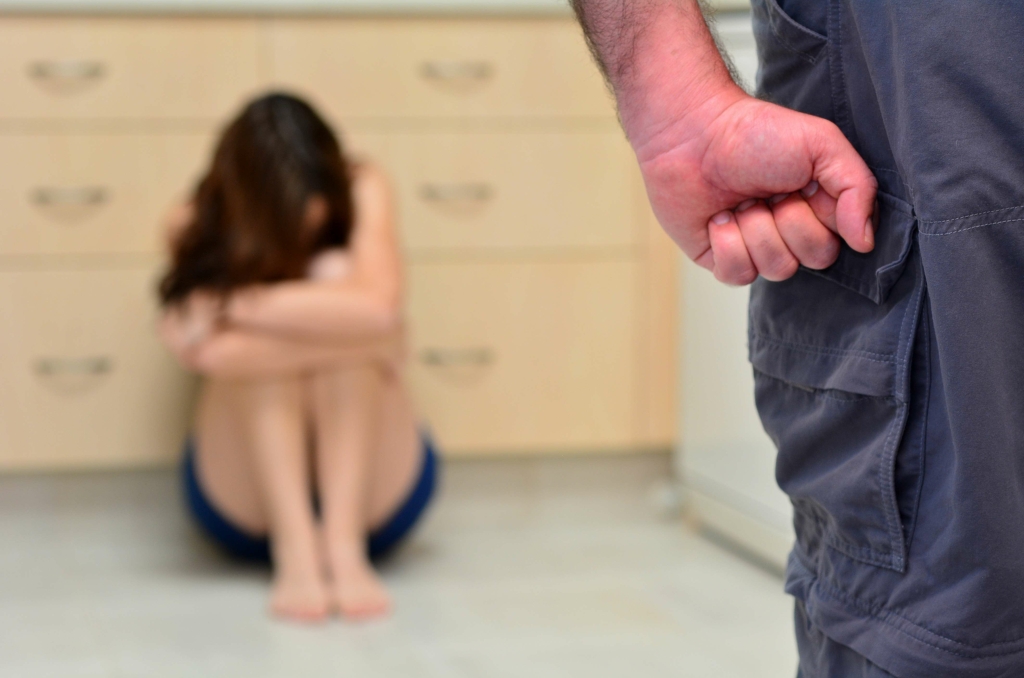What is Emotional Relapse and How Does It Impact Sobriety?
Reflect on how far you have come, acknowledging the strength it has taken to reach this point. Surround yourself with a support system of friends, family, or peers who understand the value of these milestones and celebrate with you. Additionally, joining a recovery group can provide much-needed companionship and shared experiences. Groups https://footcareatease.ca/200-slow-sips-fast-laughs-sobriety-jokes-at-a/ such as Alcoholics Anonymous (AA) or Narcotics Anonymous (NA) offer a judgment-free environment where individuals share their journeys, struggles, and successes.
How to use this Mental Health Crisis Plan
- Recognizing signs of depression and addressing emotional issues can help mitigate this risk and prevent relapse.
- On the other hand, external triggers are people, places, and objects that remind you of past substance abuse and reinforce the desire to use drugs or alcohol.
- Tackling emotional issues and implementing effective coping strategies can aid individuals in breaking the cycle of relapse, thereby ensuring a successful and enduring recovery.
Co-occurring conditions like depression, anxiety, trauma, and bipolar disorder significantly increase relapse vulnerability when left untreated. Symptoms of these conditions often preceded substance use as people attempted to self-medicate psychological distress. Surprisingly, positive experiences trigger relapse almost as often as negative ones.
Disability profiles supported in our website
- Trigger exposure often begins immediately following treatment, sometimes even on the drive home.
- Resilience acts as an inner strength that allows people to recover from setbacks, trauma, and emotional lows.
- Learning how to recognize and manage your triggers can help you feel more in control and prevent or reduce relapse signs.
- Building these connections can lead to lifelong friendships, and the shared understanding among members creates a safe space for discussing vulnerabilities, fostering personal growth.
Whether you’re seeking help for the first time or returning after a setback, our relapse prevention and residential programs are here to help you reclaim stability, structure, and peace of mind. To combat these triggers, establishing a structured routine, engaging in regular exercise, and developing a strong support network can be beneficial. Positive coping strategies help to enhance overall well-being, reinforcing the importance of awareness and proactive measures in the recovery process. Having a solid support system is crucial for anyone navigating the recovery journey.

How to Manage Emotions Without Resorting to Substances
Additionally, mindfulness meditation allows for deeper exploration of your thoughts and feelings without judgment. Setting aside even just ten minutes a day for guided meditation or silent reflection can help you manage emotional turmoil and develop a more grounded state of being. Apps and resources like Headspace, Calm, or Insight Timer are excellent tools for beginners and experienced practitioners alike. 5) People think that they have a better understanding of drugs and alcohol and, therefore, think they should be able to control a relapse or avoid the negative consequences. They may think that they are now able to drink or use drugs in a non-addict types of relapse triggers way but this isn’t the case.
Understanding how mental health directly affects emotional needs underscores the importance of comprehensive addiction treatment that considers emotional well-being as a core component. When mental health issues and substance use disorders occur together, they are called co-occurring or dual disorders. This combination complicates treatment because both conditions influence each other, creating a cycle difficult to break. Mental health conditions such as depression, anxiety, bipolar disorder, and personality disorders have a profound impact on an individual’s emotional needs.

How to Overcome Negative Thought Patterns During Residential Treatment
When it comes to external triggers, active avoidance of certain places, breaking ties with specific individuals, and taking other conscious steps to limit exposure are advised. In contrast, managing internal triggers may involve developing healthier coping mechanisms and seeking professional help to better understand and process negative emotions. Dealing with mental relapse and understanding emotional relapse involves a constant internal battle between abstinence and temptation. Physical relapse, on the other hand, includes experiencing withdrawal symptoms from the Drug rehabilitation absence of drugs and alcohol. In either case, understanding your triggers forms a significant part of a successful recovery journey. Maintaining physical activity is a critical component of both mental and physical well-being, particularly during recovery.
Understanding the Crucial Link Between Emotions and Relapse
A “trigger” is anything—a feeling, place, person, or thought—that sparks a craving or reminds you of past substance use. Routine physical activity can help regulate your body’s natural rhythms, making you feel more balanced and grounded throughout the day. To stay motivated, consider finding activities that you genuinely enjoy or setting small, achievable fitness goals for yourself. Physical activity, combined with proper rest and nutrition, can form a key pillar in your recovery process, making it easier to handle stress while improving your overall quality of life.

